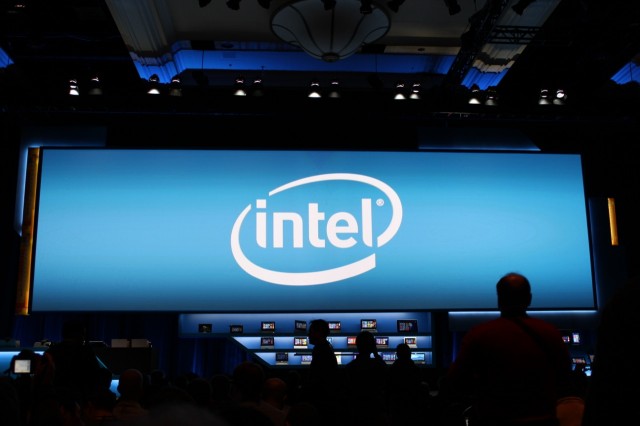Activist hedge fund advises Intel to outsource CPU manufacturing

Activist hedge fund Third Point has taken a stake of nearly $1 billion in Intel and called on the chipmaker to consider shedding its manufacturing operations, throwing a core part of its strategy into question.
The firm with $15 billion in assets run by Daniel Loeb made a number of demands in a letter sent to Intel’s chairman Omar Ishrak on Tuesday and seen by the Financial Times.
In the letter, Mr Loeb said that Intel was “once the gold standard for innovative microprocessor manufacturing” but had fallen behind manufacturing competitors in East Asia such as TSMC and Samsung.
His intervention comes as Intel faces a critical decision over its future as a leading-edge manufacturer of semiconductors—a position it has held for decades, and the source of its dominance in the PC era.
Bob Swan, its chief executive, has indicated that he will decide early next year whether Intel should outsource a significant part of its most advanced manufacturing, or even get out of leading-edge production altogether, after a series of slips.
The company in July revealed it had hit a new hurdle in trying to move to the next generation of manufacturing technology, where the features on chips are reduced to a width of only 7 nanometres.
That compounded a series of missteps that helped cement the lead seized by TSMC, the Taiwanese chip company that manufacturers semiconductors on behalf of many of the world’s biggest chip designers, including Nvidia, Qualcomm and AMD.
Intel has lost some $60 billion in market value over the past year, Mr Loeb pointed out, as he took aim at the chipmaker’s corporate governance.
“We cannot fathom how the boards who presided over Intel’s decline could have permitted management to fritter away the company’s leading market position while simultaneously rewarding them handsomely with extravagant compensation packages,” Mr Loeb wrote.
The hedge fund said it was particularly concerned at the loss of talent at Intel, saying the company had lost many of its best chip designers while the ones that remained “are becoming increasingly demoralized.”
Mr Loeb said Intel should hire investment advisers to determine whether the company should both design and manufacture chips as well as consider divesting failed acquisitions, though the letter did not point to any specific examples.
“Intel welcomes input from all investors regarding enhanced shareholder value,” the company said in a statement. “In that spirit, we look forward to engaging with Third Point on their ideas towards that goal.”
Ending its efforts to physically make the most advanced semiconductors would mark a turning point in Intel’s fortunes, while also leaving the US without a top chip manufacturer.
Mr Loeb called its difficulties a “critical concern” that could have broader implications on America’s national security if the US was forced to rely on companies located in “geopolitically unstable” regions to “power everything from PCs to data centers to critical infrastructure and more.”
Intel shares rose more than 5 percent on news of Mr Loeb’s letter, which was first reported by Reuters.